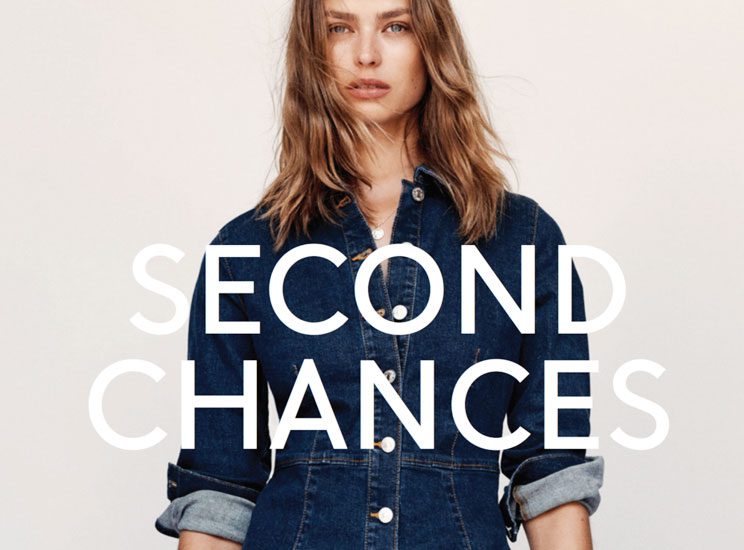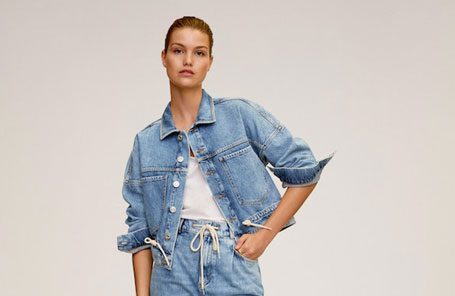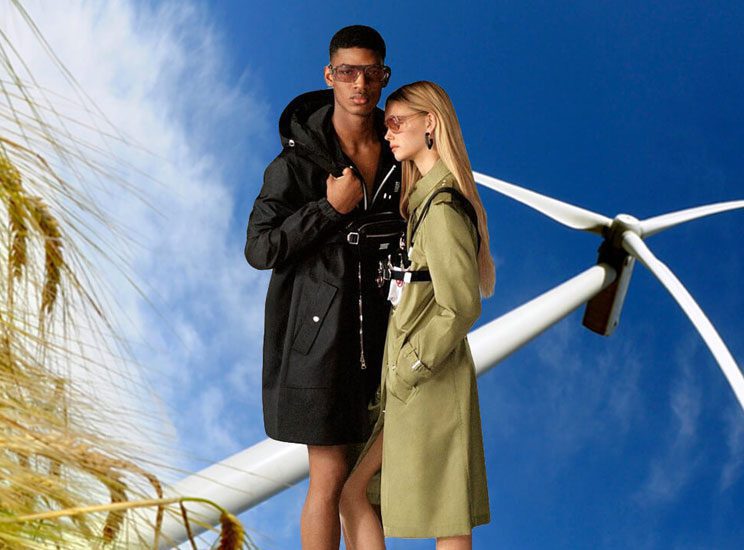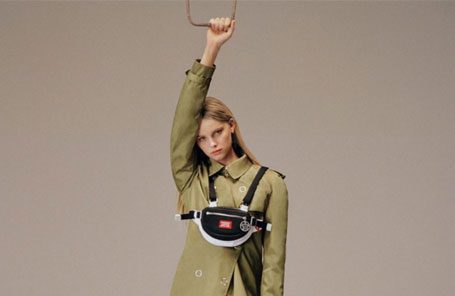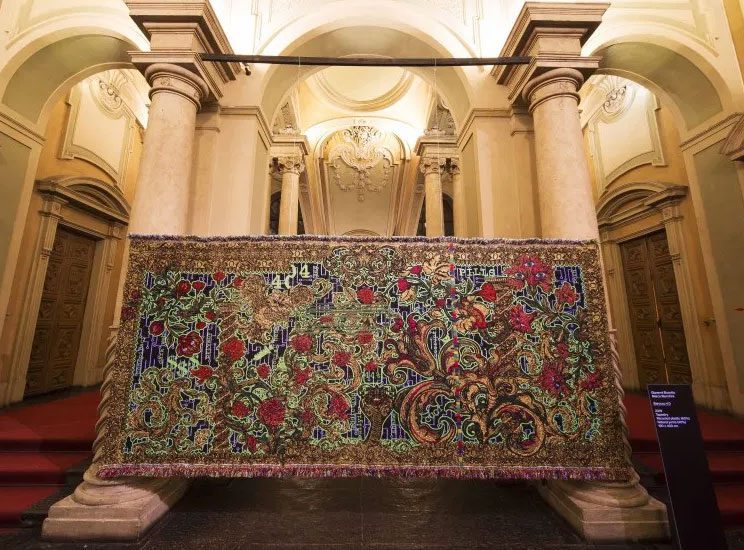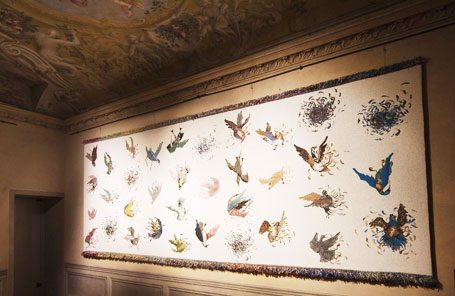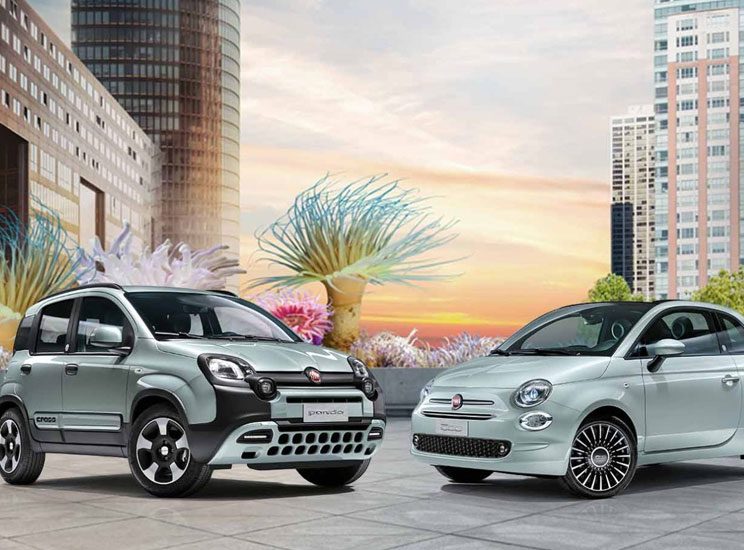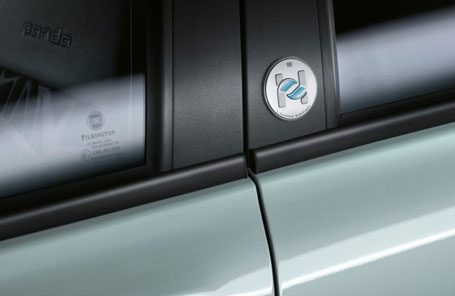
Napapijri presents Infinity
The first 100% recyclable jacket, which embodies the brand’s mission to create a circular future for fashion.

Napapijri has literally translated the meaning of sustainability linked to the circular economy by designing a product with green characteristics and a very high degree of innovation, which can be returned even after two years.
This totally recyclable garment is called Infinity. Its composition is mono-material and looks to reuse: padding and finishes are in nylon, while the fabric is in regenerated nylon econyl, a high-performance yarn recycled from discarded fishing nets and other waste materials.
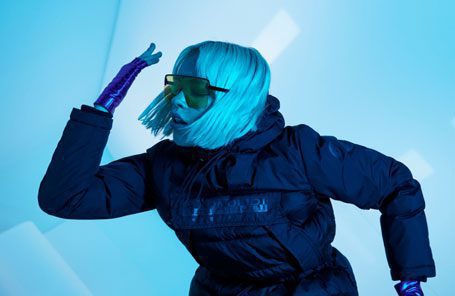
“Padding and finishes made of regenerated Nylon 6.

The “circular” Infinity jacket closes its circle with a unique digital collection program: by registering online, customers have the possibility, after at least two years, to return their jacket and receive in exchange a 100 Euro voucher to be used on napapijri. com to purchase their next product. Infinity will therefore be transformed into new yarns and new products.


